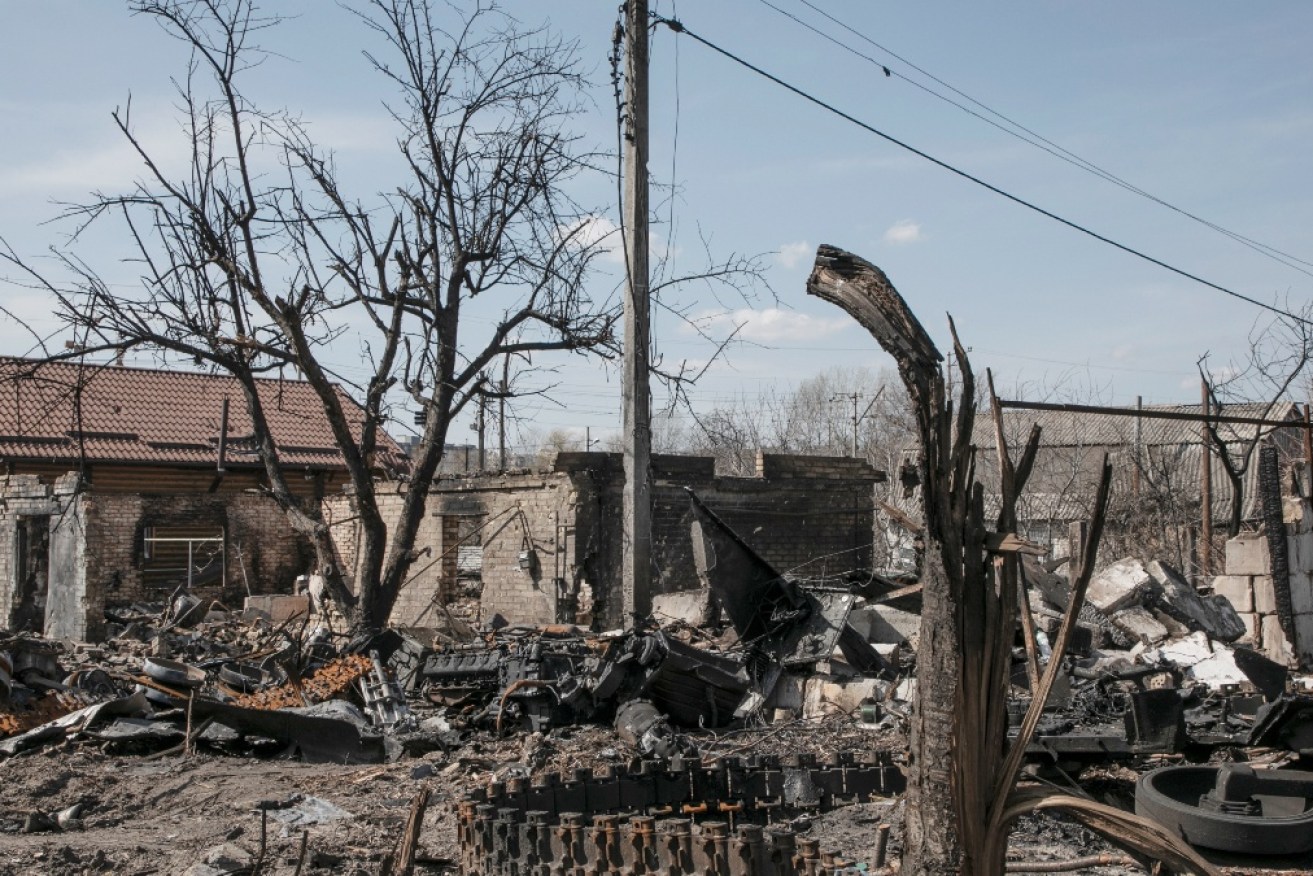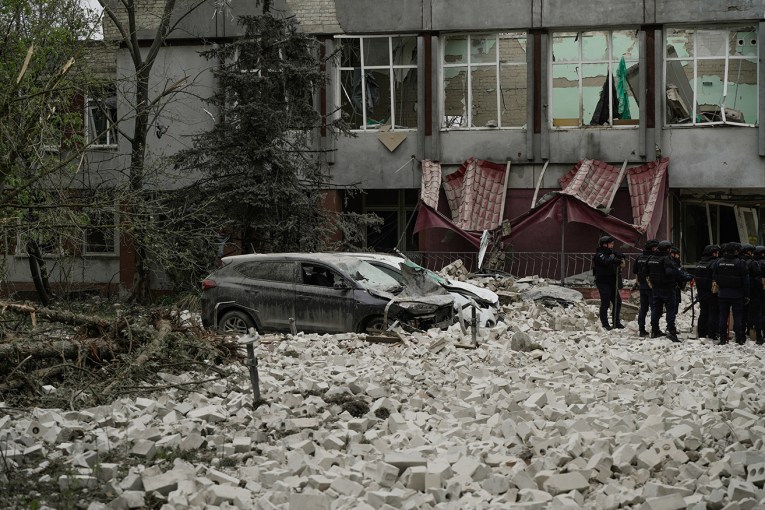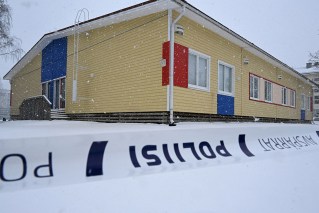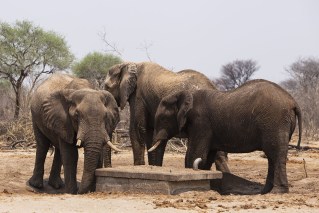Emerging tech could catch Russian soldiers who raped women in Ukraine


Russia is attempting to seize Donbas' two provinces, Donetsk and Luhansk, and trap Ukrainian forces. Photo: Getty
New genetic techniques being developed at King’s College London have the potential to reduce sexual abuse in conflicts like Ukraine – but only if focus, funding and development can be hastened.
Horrible news of at least nine pregnancies resulting from rape, with one victim as young as 14, have come out of Bucha in Ukraine.
As horrible as this is, these rapes and pregnancies are the tip of the iceberg.
For generations, rape has been used as a weapon of war and for centuries men have thought they could get away with it.
The non-governmental organisation Children Born of War is still trying to find the fathers of children born of rape in World War II, for example. This is how long not knowing one’s father can affect people’s lives.
In fact, the UN Convention on the Rights of the Child specifies that children have the right to know their parents, which includes access to any nationality rights that might derive through parentage.
But not only is the child entitled to know their parents, finding fathers in past abuses may actually stop future abuses.
It is this feeling of impunity, of not getting caught, that is a contributing factor in these brutal crimes. Any criminologist will tell you the size of the penalty does not deter the crime, but the fear of getting caught does.
If people realise that they can be caught months, years or decades after the incident, maybe some will think twice about abusing.
Abusers and rapists can potentially be caught by using genetic genealogy many years into the future.
How does it work? In short, genetic genealogy is taking DNA from a child born of abuse, isolating the paternal side, comparing the paternal side to the databases in places like Ancestry.com, finding extended family members on the paternal side, and triangulating back to the fathers.
A team from HearTheirCries.org, an NGO that I co-founded to stop sex abuse in the aid industry, ran an experiment in the sex slums north of Manila.
With the right ethical protections, consents and pastoral care, DNA was taken from six mother/children pairs for children born of transactional abuse in Philippines. Of the six mother/children pairs, five fathers were identified and are now in various stages of legal enforcement of the child’s rights against those men. The process is outlined in more depth here.
Men who went on ’sex holidays’ to the Philippines 10 and 20 years ago have been caught, have had to give child support – and have had to explain to their families and children that a half-sibling exists – and why that half sibling exists.
This knowledge that a knock on the door could come at any time in the future is a powerful disincentive.
Take the current conflict in Ukraine. The Russian soldiers who have raped with the intent to impregnate women, a tactic seen often in conflict, will have undoubtably done so thinking they would never be caught.
But now they could be, and with enough funding, will be caught. When they are caught, maybe then people will think twice about intentional impregnation as a weapon of war.
Naturally many ethical and privacy issues are raised by this technology, for which solutions must be found as part of its development.
Failure to develop this technology in light of these concerns must, however, never become an inadvertent protector of abusers by shielding predators from accountability.
Andrew MacLeod is a visiting professor to King’s College London, Chairman of Griffin Law, a non-executive director to Australian, Middle East and US companies, a former high-level UN official and co-founder of child protection charity HearTheirCries.org.
He tweets @AndrewMMacLeod.








